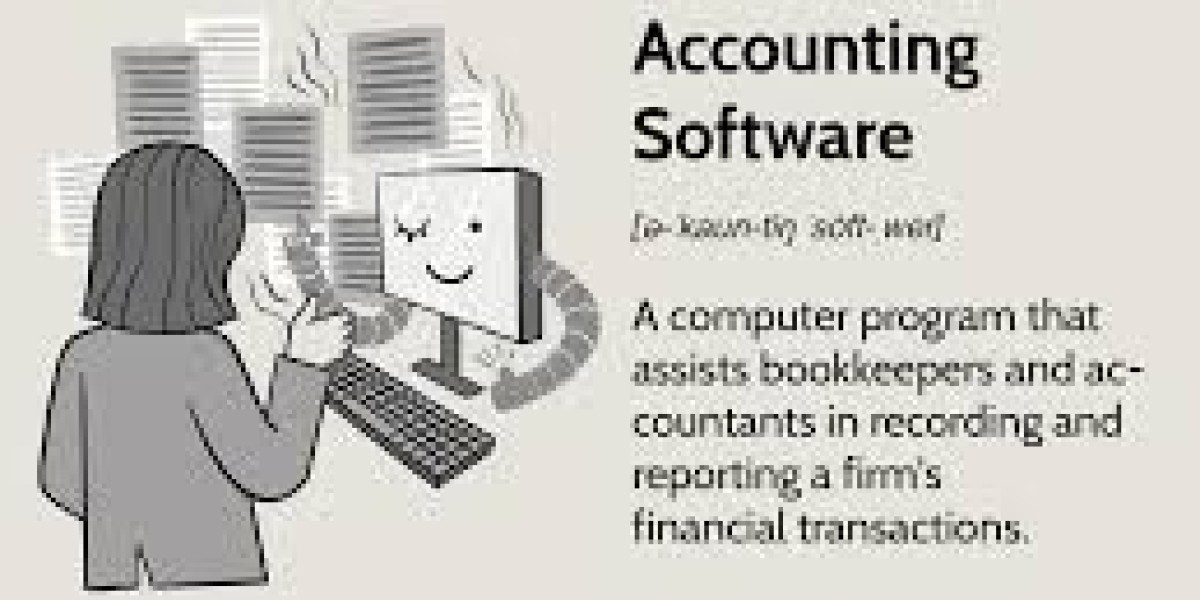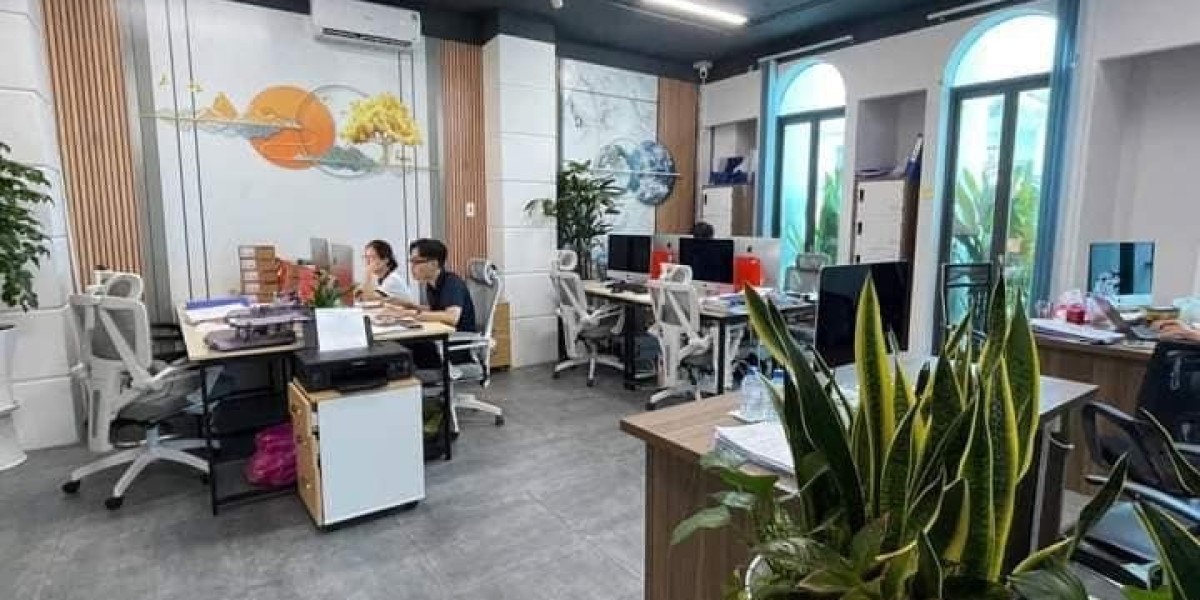Introduction Facility management is a vital part of any organization, ensuring that buildings and assets are maintained and optimized for operational efficiency. The rise of technology has made managing these complex processes easier with the introduction of various software solutions. From asset management system to integrated facility management tools, organizations are now equipped with advanced solutions to streamline operations and reduce costs. This article explores various types of facility management systems and software, along with their features and benefits.
1. What is an Asset Management System?
An asset management system is a tool used to track and manage physical assets within a facility. This system helps businesses efficiently monitor the lifecycle of their assets, ensuring they are properly maintained, utilized, and replaced when necessary. Asset management software improves operational efficiency by providing real-time data, optimizing asset usage, and reducing unnecessary expenditures.
2. The Role of Facility Management Services
Facility management services are responsible for ensuring that a building's infrastructure and environment are well-maintained and function effectively. These services include cleaning, maintenance, safety management, energy efficiency, and more. Facility managers utilize specialized software to manage these tasks, making sure that the facility operates seamlessly and efficiently.
3. Facility Management Software: The Backbone of Operations
Facility management software is a suite of tools designed to assist in managing and maintaining a facility’s assets, maintenance tasks, and overall infrastructure. This software simplifies tasks such as preventive maintenance scheduling, asset tracking, and work order management. It allows organizations to efficiently monitor the status of their facilities and ensure smooth operations.
4. The Benefits of Facility Maintenance Software
Facility maintenance software helps businesses streamline maintenance operations, ensuring the facility is in optimal condition at all times. It tracks the performance of various systems (HVAC, plumbing, etc.), schedules regular maintenance, and identifies issues before they become expensive problems. This proactive approach improves facility longevity and reduces downtime.
5. Facility Management System: Integrating Operations
A facility management system (FMS) integrates various elements of building management, including asset tracking, maintenance management, energy management, and compliance tracking. By consolidating these functions into one system, businesses can ensure better communication, reduce operational silos, and improve overall efficiency.
6. Facility Maintenance Tracking Software: Keeping Track of Every Task
Facility maintenance tracking software allows managers to track every maintenance task, from routine checks to emergency repairs. The software helps create detailed records of each activity, ensuring nothing is overlooked and that the building operates efficiently and safely. This software provides real-time updates, which are essential for responding to issues promptly.
7. Facility Maintenance Management Software: Ensuring Efficient Operations
Facility maintenance management software enables organizations to oversee the entire lifecycle of their facilities' systems and assets. This software offers features such as preventive maintenance scheduling, inventory management, and work order tracking. It is essential for organizations looking to minimize downtime and reduce operational costs.
8. Facility Software Management: Streamlining Workflows
Facility software management refers to the use of software tools to manage various aspects of building operations, from asset management to maintenance. These solutions provide facility managers with a comprehensive overview of operations, helping them streamline workflows and optimize performance.
9. Facility Asset Management Software: Maximizing Asset Utilization
Facility asset management software focuses on tracking the lifecycle and performance of a facility's assets. By providing detailed reports and insights, this software helps organizations maximize asset utilization, prevent downtime, and plan for future upgrades or replacements.
10. Facility Booking Software: Streamlining Space Reservation
Facility booking software simplifies the process of reserving and managing spaces within a facility, whether for meetings, events, or other purposes. This software helps organizations optimize space usage, minimize scheduling conflicts, and improve the overall user experience.
11. Integrated Facility Management Software: Unifying Operations
Integrated facility management software combines multiple facility management functions into one platform. From asset management to maintenance tracking, this software unifies operations, making it easier to oversee the entire facility. It helps reduce redundancies and improve communication across departments.
12. Choosing the Best Facility Management Software
The best facility management software offers a comprehensive suite of features that meet the unique needs of an organization. Key features to look for include asset management, preventive maintenance scheduling, real-time data tracking, and a user-friendly interface. Businesses should assess their needs and choose a software solution that offers the most value.
13. Facility Management Software System: Customization for Every Need
A facility management software system allows businesses to customize their tools and processes to suit specific operational needs. From simple maintenance tracking to complex asset management and booking systems, these systems offer scalable solutions that grow with the business.
14. The Role of Facility Management Programs in Operational Efficiency
Facility management programs are comprehensive plans that outline the strategies and processes for managing and maintaining a facility. These programs integrate facility management systems, ensuring all aspects of building operations are aligned with the organization's goals and objectives. A well-designed program improves efficiency, reduces costs, and enhances productivity.
15. Integrated Facility Management: Combining Technology and Strategy
Integrated facility management (IFM) is an approach that combines technology with strategic planning to optimize the management of a facility. IFM includes software tools that integrate asset management, maintenance, energy efficiency, and more. This approach improves operational efficiency and helps organizations achieve cost savings.
16. Facility Asset Management: Protecting Your Investments
Facility asset management involves the careful monitoring, maintenance, and optimization of a facility's assets. By using specialized software, organizations can extend the lifespan of their assets, improve performance, and reduce the need for costly replacements.
17. Asset Scanning Software: Enhancing Tracking and Efficiency
Asset scanning software uses technology such as barcode scanning or RFID tags to track assets in real-time. This technology helps organizations improve asset visibility, streamline inventory management, and reduce errors associated with manual tracking.
18. Facility Maintenance System: Ensuring Operational Continuity
A facility maintenance system ensures that a building's systems and equipment are maintained in optimal condition. By using software to track maintenance schedules, manage work orders, and monitor asset performance, organizations can prevent unexpected breakdowns and ensure operational continuity.
19. Facility Asset Management System: Advanced Asset Tracking
A facility asset management system provides advanced tools for tracking and managing the assets within a facility. This system helps organizations monitor asset conditions, schedule maintenance, and track depreciation, ensuring assets are used effectively and replaced when necessary.
20. Facility Reservation System: Simplifying Bookings
A facility reservation system allows users to book meeting rooms, event spaces, and other resources within a facility. This software helps streamline the booking process, avoid double-bookings, and optimize the use of available spaces.
21. Best Facility Maintenance Software: Finding the Right Solution
The best facility maintenance software offers a wide range of features, including preventive maintenance scheduling, work order management, asset tracking, and real-time data monitoring. These features help facility managers reduce downtime, improve building performance, and streamline maintenance operations.
22. Facility Planning Software: Strategic Facility Management
Facility planning software assists in the strategic planning and management of facilities, helping organizations optimize space usage, plan for future upgrades, and improve operational efficiency. This software integrates various functions, including asset management, maintenance tracking, and space management.
23. Facility Booking System: Optimizing Space Utilization
A facility booking system is an essential tool for managing space usage within a facility. It allows users to schedule rooms and other resources, ensuring efficient utilization and reducing scheduling conflicts.
24. Top Facility Management Software: Leading Solutions for Your Business
The top facility management software solutions offer a comprehensive suite of features that address the diverse needs of organizations. These software tools help streamline operations, reduce costs, and ensure the efficient management of a facility's assets and infrastructure.
25. Facility Reservation Software: Enhancing Booking Efficiency
Facility reservation software provides an easy-to-use interface for booking meeting rooms, event spaces, and other facilities. It helps organizations reduce scheduling conflicts, optimize space utilization, and ensure smooth operation.
26. Facility Operations Software: Managing Every Aspect of Building Operations
asset management system is designed to help facility managers oversee every aspect of building operations, including maintenance, asset management, and space utilization. It provides real-time data, helping businesses make informed decisions and improve operational efficiency.
Conclusion Facility management software solutions have revolutionized the way organizations maintain their facilities, track assets, and streamline operations. From asset management systems to integrated solutions, these tools provide valuable insights and help reduce costs. By choosing the right software and adopting the best practices, businesses can ensure their facilities are well-managed, efficient, and prepared for the future.








